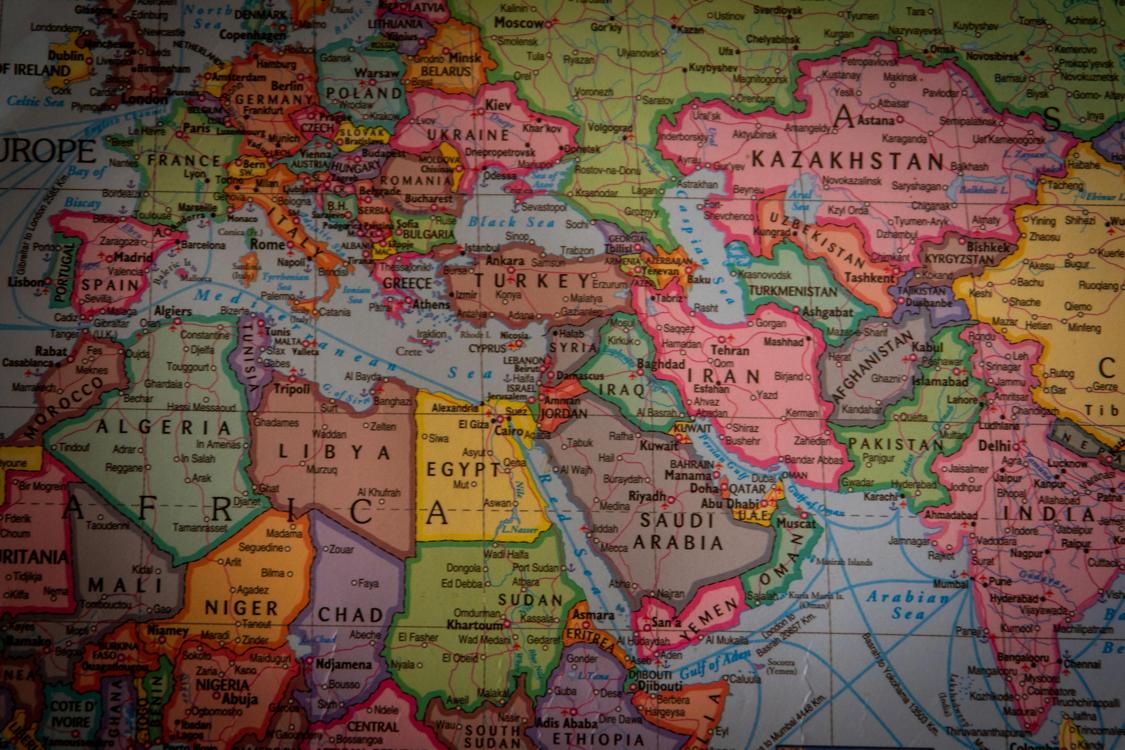Whether you are a college student seeking internship opportunities or you come from a family of do-gooders, humanitarian trips are an excellent way to give back to the global community. However, before embarking on your journey, it is crucial to prepare yourself adequately. Encourage humanitarian aid and disaster relief workers to enroll in the Department of State’s Smart Traveler Enrollment Program prior to departure.
Shelter
Providing shelter is often the first priority for international relief efforts. It offers safety and protection from harsh weather conditions, preserves dignity, and provides a space for individuals to heal from trauma and regain a sense of community. Moreover, adequate shelter can help prevent the spread of infectious diseases like coronavirus and malaria.
When disaster strikes, teams of relief workers are dispatched to meet people’s immediate needs and assist in rebuilding their homes. Organizations such as Habitat for Humanity have a variety of international disaster relief programs that range from short-term projects lasting a few weeks to long-term initiatives. These programs can be an excellent opportunity for individuals interested in volunteering abroad and making a tangible difference in the lives of those affected by disasters.
As a result of natural and man-made disasters, countless families are left homeless. To address this issue, international relief efforts focus on building permanent houses for these families. These projects are well-suited for volunteers who are interested in dedicating a significant amount of time to the cause and are prepared for the physical demands of construction work.
In response to recent earthquakes and storms, millions of people are in need of emergency assistance. World Relief is rushing aid through partners in Morocco, Libya, and beyond, providing essentials such as food, water, shelter, and cash transfer programming. You can support these efforts by donating to the cause.
In addition to providing immediate shelter solutions, international relief efforts also focus on long-term housing rehabilitation and reconstruction. This involves working closely with local communities to design and build homes that are safe, sustainable, and culturally appropriate. By involving beneficiaries in the planning and construction process, relief organizations can ensure that the housing solutions meet the specific needs and preferences of the affected population.
Food

When disasters strike, the United Nations Office for the Coordination of Humanitarian Affairs (OCHA) springs into action. OCHA coordinates the efforts of numerous agencies that bring life-saving aid to crisis areas, including the World Food Programme, the United Nations High Commissioner for Refugees, and the United Nations Children’s Fund (UNICEF).
Food is often one of the first resources to become scarce in emergency situations, particularly when people have been displaced from their homes. Catholic Relief Services (CRS) supports cash-for-work programs that help people return to work and earn money to purchase their own food. Additionally, CRS provides food rations for those in need, especially when communities are difficult to reach. Various modes of transportation, such as boats, trucks, and planes, are used to deliver food to the affected areas.
Volunteers can play a vital role in food distribution efforts by assisting with the organization and distribution of food supplies. This hands-on experience not only provides essential aid to those in need but also offers volunteers a deeper understanding of the challenges faced by communities in crisis.
To support long-term food security, international relief efforts often include agricultural assistance programs. These programs aim to help farmers restore their livelihoods by providing them with seeds, tools, and training in sustainable farming practices. By investing in local agriculture, relief organizations can help communities become more self-sufficient and resilient to future shocks.
Health
As global conflicts, natural disasters, and outbreaks continue to displace millions of people around the world, many families face barriers to accessing essential services. International humanitarian aid workers strive to improve the safety and well-being of these communities through education, prevention, community engagement, and direct care. These workers are often deployed to areas where medical facilities are strained or nonexistent, making it crucial for them to be well-prepared before travel and to understand how to maintain their own health during their missions.
Providing safe shelter and basic necessities such as food, water, and hygiene supplies can make a significant difference in the lives of refugees and other vulnerable people fleeing their homes due to armed conflict, natural disasters, or forced migration. CRS contributes by funding and deploying local partners to provide shelters, safe water, food assistance, and other essential supplies. Additionally, CRS offers psychosocial support and livelihood recovery programs to help individuals and families cope with the challenges they face.
The escalating violence in the Central Sahel region, encompassing Mali, Burkina Faso, and Niger, has led to mass displacement. Many families are seeking refuge with host communities that are already overcrowded and struggling to meet their own needs. CRS supports Caritas Syria and local Church partners to provide displaced families with shelter, blankets, food, clean water, power, and hygiene items. Furthermore, CRS offers counseling and cash assistance to address family health and livelihood concerns.
When earthquakes occur, immediate and specialized medical care is essential to address mass casualties and injuries. Travel nurses play a critical role in these relief efforts, delivering life-saving care to those in need. These dedicated healthcare professionals also serve as vital members of hurricane response teams, coordinating travel for international relief efforts and setting up temporary medical clinics in hurricane shelters. Their expertise in trauma care is invaluable to the overall disaster relief effort.
Volunteers with medical backgrounds, such as doctors, nurses, and paramedics, can make a significant impact in health-related relief efforts. By offering their skills and knowledge, these volunteers can help alleviate the strain on local healthcare systems and provide much-needed care to those affected by disasters.
Mental health support is another critical aspect of international relief efforts. Disasters and crises can take a heavy toll on the emotional well-being of affected individuals, leading to stress, anxiety, and trauma. To address these challenges, relief organizations often provide psychosocial support services, such as counseling and support groups, to help individuals cope with the emotional impact of the crisis and build resilience.
In addition to providing direct medical care, international relief efforts also focus on strengthening local health systems. This involves working with local health authorities and partners to improve infrastructure, train healthcare workers, and establish sustainable supply chains for essential medicines and equipment. By investing in the long-term capacity of local health systems, relief organizations can help ensure that communities are better prepared to respond to future health emergencies.
Conclusion
Coordinating international relief efforts through travel is a powerful way to make a positive impact on communities in need around the world. By focusing on key areas such as shelter, food, and health, volunteers and aid workers can help alleviate suffering and support the recovery process in the wake of disasters and crises. However, it is essential for those embarking on humanitarian trips to be well-prepared, both physically and mentally, and to work closely with established organizations to ensure that their efforts are effective and sustainable.
As global challenges continue to affect vulnerable populations, the need for dedicated volunteers and aid workers remains as pressing as ever. By contributing your time, skills, and resources to international relief efforts, you can play a vital role in building a more compassionate and resilient world.



